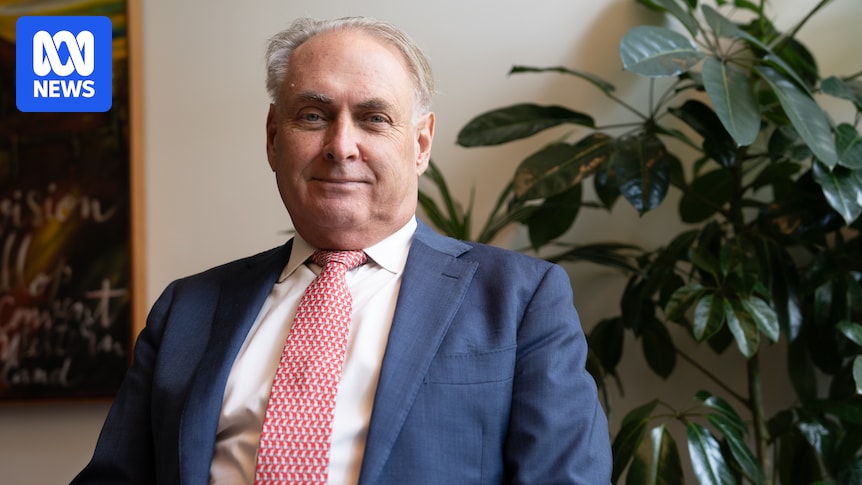
Should Australia have more federal politicians? While many skeptical voters might instinctively recoil at the idea, Special Minister of State Don Farrell believes there is a compelling case to be made. The parliamentary Joint Standing Committee on Electoral Matters is currently examining the arguments for and against this potential expansion.
Farrell, a prominent figure within Labor’s right-wing faction, has a history of successfully navigating complex political reforms. He was instrumental in driving political funding reforms that will come into effect before the 2028 election. Despite initial doubts about securing bipartisan support, Farrell managed to bring the Liberals on board at the eleventh hour.
The prospect of an enlarged parliament hinges significantly on the opposition’s stance. So far, the Liberals have not taken a definitive position. Liberal Senator Richard Colbeck, deputy chair of the committee, remarked, “It’s up to the government to make a case. I’m not sure the Australian people are hanging out for more politicians.”
Political Dynamics and Potential Allies
Farrell is known for his collaborative approach with major parties and hopes to secure the opposition’s support. If unsuccessful, the Greens could play a pivotal role, as the government only requires their backing in the Senate to pass contested legislation. Greens’ spokeswoman on democracy, Steph Hodgins-May, stated, “We don’t have a position currently,” but added, “if something will make our democracy fairer we would consider legislation favourably.”
In addition to the expansion, Farrell has tasked the committee with exploring longer and fixed parliamentary terms. Prime Minister Anthony Albanese has expressed interest in extended terms, citing the United Kingdom’s five-year terms as a model. However, implementing longer terms would necessitate a referendum, a prospect Albanese is hesitant to pursue following the failed Voice referendum.
The Case for Change
Proponents of expanding the parliament argue that it is a necessary response to Australia’s growing population. The last report from the electoral matters committee highlighted that a House member now represents over 120,000 enrolled voters, compared to more than 66,000 in 1984 when the parliament was last increased. This increase in workload underscores the need for more politicians to adequately address constituents’ needs.
On average, a House member represents more than 120,000 enrolled voters; in 1984 (after the parliament was increased) the number was more than 66,000.
Advocates also suggest that a larger parliament would align more closely with other democracies, expand the talent pool for frontbenchers, and enhance accountability. However, constitutional constraints require maintaining the ratio between the House of Representatives and the Senate, complicating the expansion process.
Historical Context and Political Implications
Historically, enlarging the parliament has been achieved twice before, in the 1940s and 1980s, both times under Labor governments. The current proposal suggests adding between 28 and 32 members to the 150-member lower house, based on additional senators per state and territories.
While such an expansion would not take effect until the 2031 election, political strategists are already calculating potential winners and losers. Former Liberal attorney-general George Brandis argues that Labor would benefit from a larger House due to population growth in urban areas, while the Greens would gain from a bigger Senate. However, electoral analyst Ben Raue disputes Brandis’ analysis.
Bob McMullan, a former senator and cabinet minister, supports an increase of senators to 14 per state, noting it could help maintain seats for smaller parties like the Greens, One Nation, and Jacqui Lambie.
McMullan’s analysis suggests that an expanded parliament could improve prospects for independents and micro parties due to smaller quotas required to win seats in a larger Senate.
Challenges and Future Prospects
Farrell’s push for more parliamentarians, like his electoral reform efforts, faces significant political hurdles. Whether he can navigate these challenges and whether Prime Minister Albanese is willing to invest political capital in advancing this potentially unpopular cause remain critical questions.
As the debate unfolds, the implications of expanding the parliament will continue to be scrutinized, with stakeholders weighing the benefits of improved representation against the complexities of constitutional requirements and political realities.







